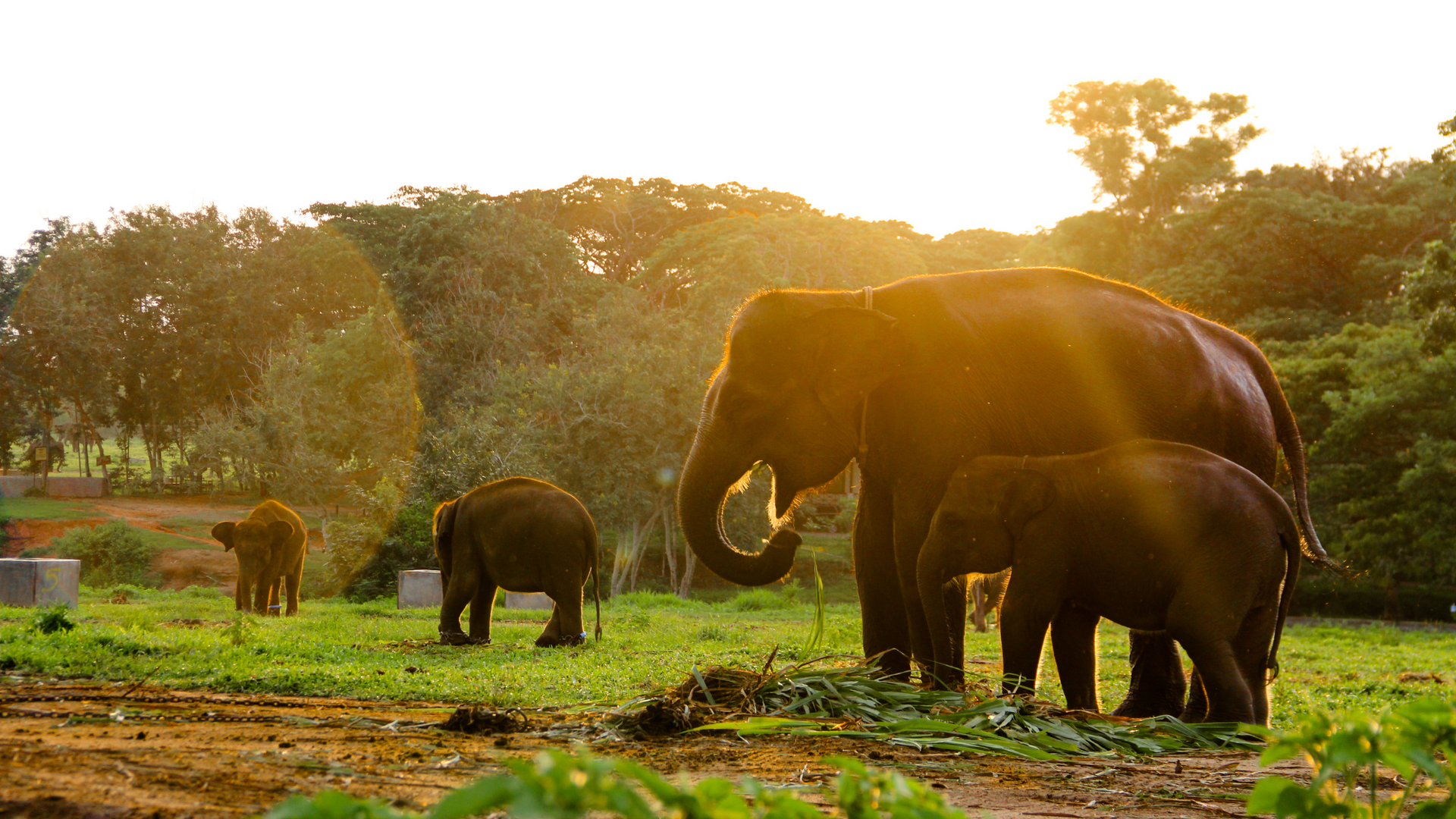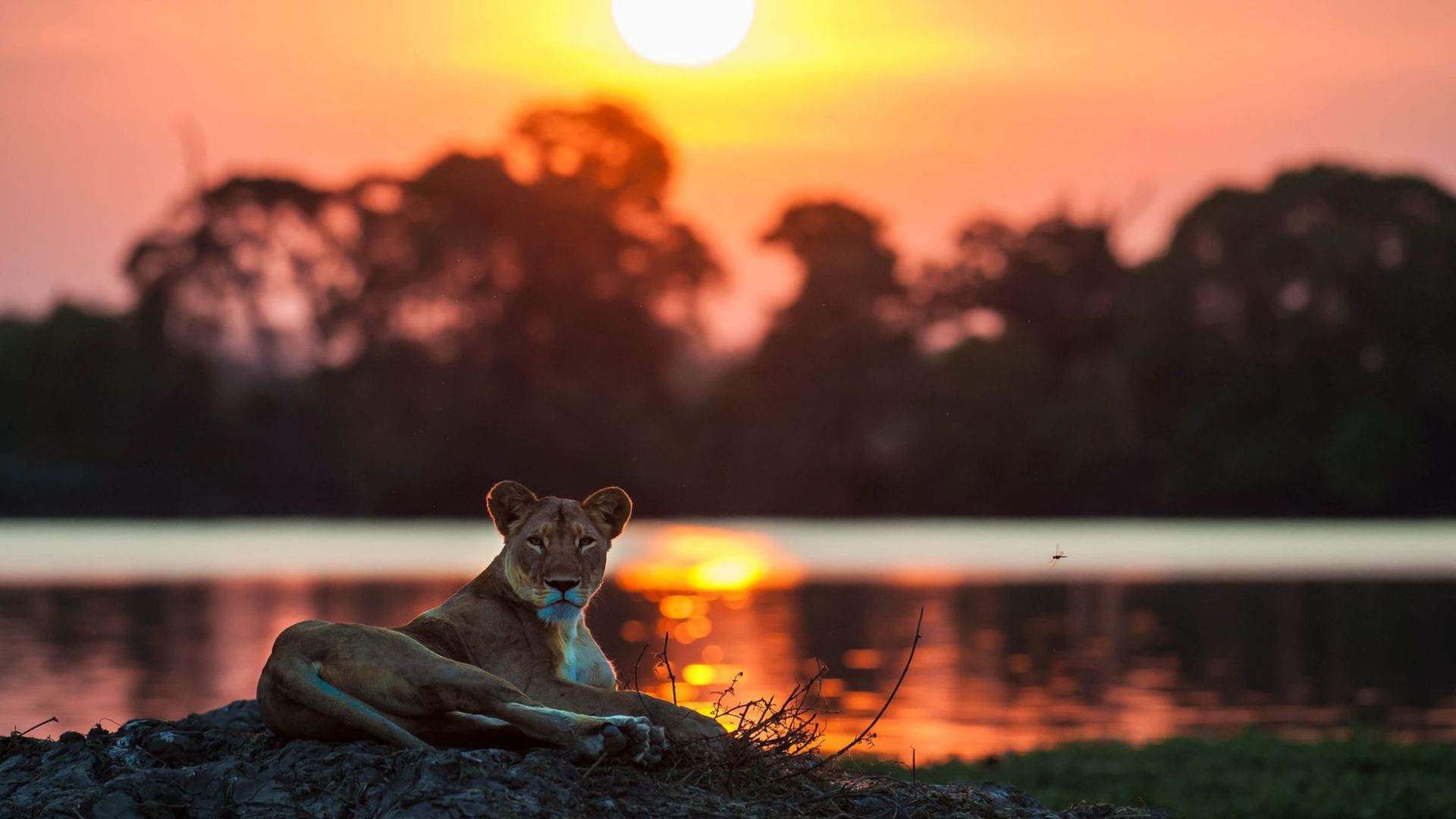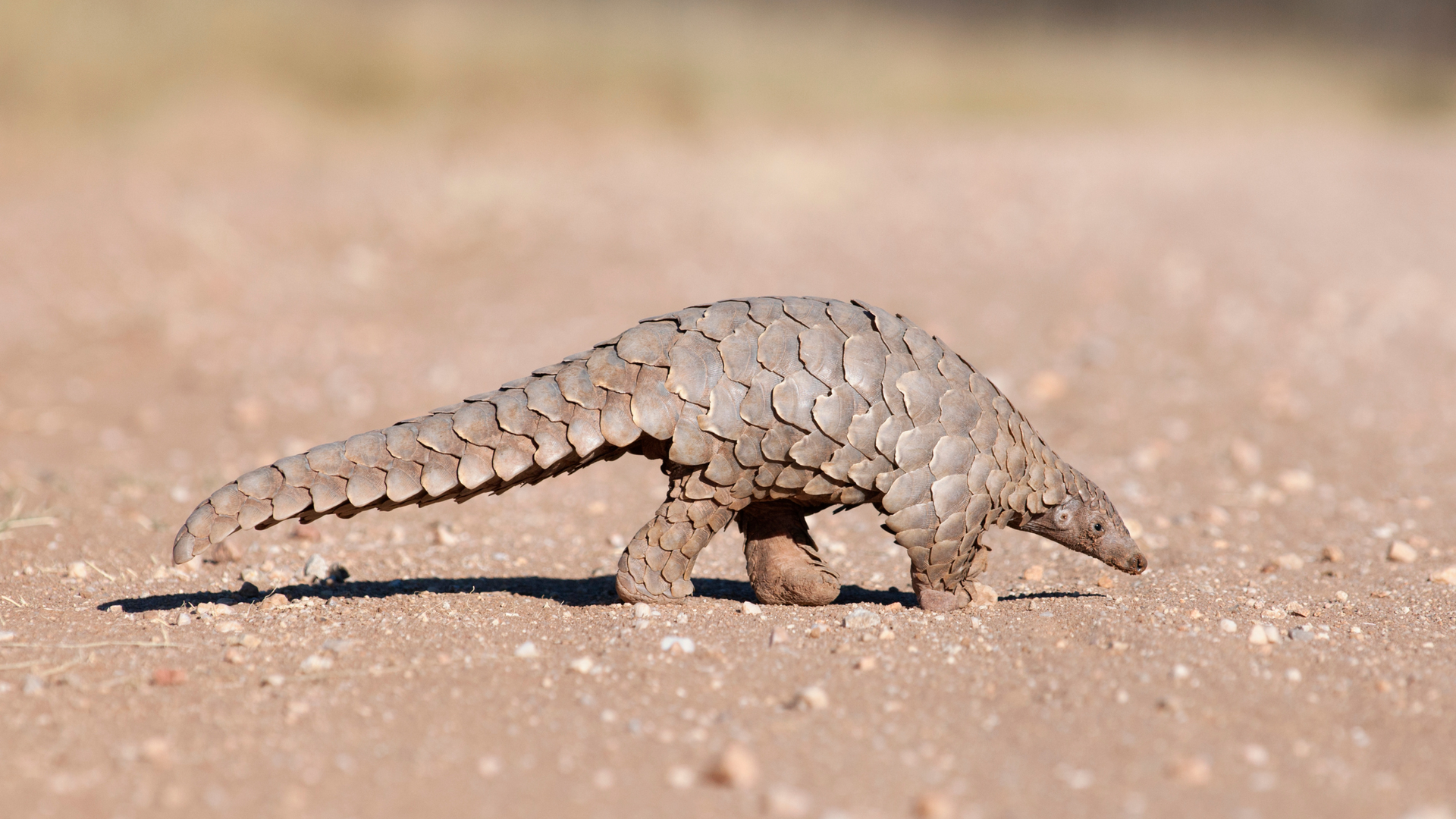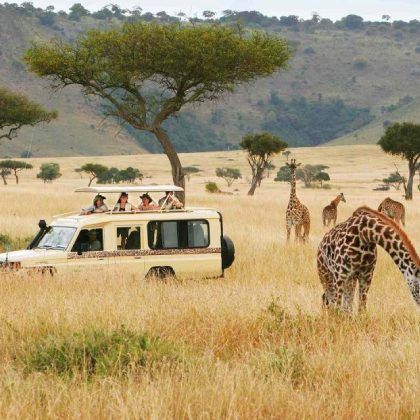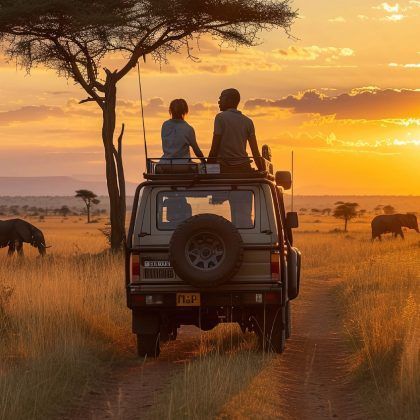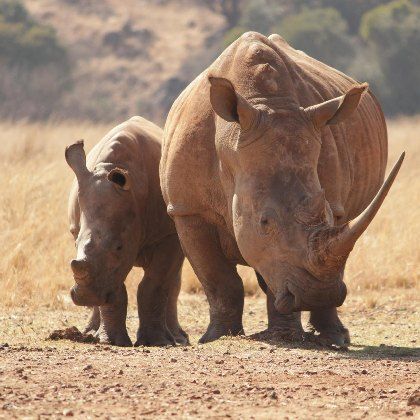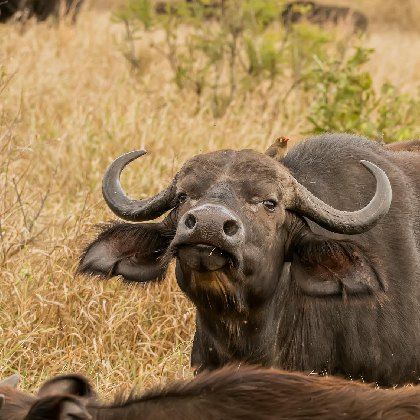Protecting the Voiceless: Why Wildlife Conservation Matters Now More Than Ever
Protecting the Voiceless: Why Wildlife Conservation Matters Now More Than Ever

Did you know that over one million species are currently at risk of extinction? That’s more than at any other time in recorded human history. From majestic animals like tigers and rhinos to lesser-known but ecologically vital creatures like tiny rainforest frogs, species across the globe are vanishing at an alarming rate.
Behind these extinctions are devastating threats: poaching, habitat loss, pollution, climate change, and over-exploitation.
At Kukama Wildlife College, we believe it's time to act. It’s time to protect those who cannot speak for themselves.
The State of Endangered Species Today
Extinction is a natural process, but human activity has accelerated it to unprecedented levels. The current extinction rate is estimated to be 1,000 times the natural background rate, meaning we’re losing species faster than nature can replace them.
Key Species at Risk:
- African Rhinos: Both black and white rhino populations are endangered due to relentless poaching.
- Pangolins: The most trafficked mammal in the world, often hunted for scales and meat.
- Tigers: Facing threats from poaching and habitat destruction across Asia.
- Amphibians: Frogs and salamanders are highly sensitive to environmental changes and pollution.
- African Wild Dogs: Threatened by habitat fragmentation and human-wildlife conflict.
Every one of these species plays a crucial role in maintaining ecological balance.
⛨️ Why Wildlife Conservation Matters
Wildlife isn’t just beautiful to look at—it’s vital to the health of our planet. Here’s why:
- Pollination & Food Security: Bees, butterflies, and birds help grow the food we eat.
- Pest Control: Bats and predators keep insect and rodent populations in check.
- Water & Soil Health: Wetlands and the animals within them filter water and stabilize soil.
- Cultural & Economic Value: Wildlife tourism supports millions of jobs and entire economies.
When species disappear, ecosystems collapse. When ecosystems collapse, human life is impacted.
Top Threats to Wildlife Today
- Poaching & Illegal Trade
- Rhinos, elephants, and pangolins are targeted for body parts.
- This black market trade is valued at billions of dollars annually.
- Habitat Destruction
- Forests are cleared for agriculture, mining, and development.
- Animals lose food sources and breeding grounds.
- Climate Change
- Altered weather patterns affect migration, food availability, and breeding cycles.
- Coral reefs and polar habitats are especially at risk.
- Pollution
- Oceans are clogged with plastic.
- Rivers carry toxic runoff that poisons aquatic life.
- Over-Exploitation
- Overfishing and trophy hunting deplete species before they can recover.
Case Studies: Species in Crisis
🐊 The Pangolin
Often called the "scaly anteater," this shy creature is hunted for its scales and meat. Despite international protections, pangolins remain critically endangered. At Kukama, we are proud Pangolin Guardians, educating students on the importance of protecting this elusive species.
🐅 The Tiger
With fewer than 4,000 tigers left in the wild, their numbers are dwindling due to habitat loss and poaching. Conservation programs focusing on safe corridors and anti-poaching enforcement are key.
🦏 The Rhino
South Africa is home to the majority of the world’s rhinos. Rhino conservation requires dedicated field guides and anti-poaching units to monitor and protect herds.
What You Can Do: Learn. Act. Lead.
Awareness is the first step, but action is what makes the difference. You can support wildlife conservation in powerful ways:
- Educate yourself and others about endangered species and threats.
- Support ethical wildlife organizations and conservation funds.
- Avoid buying wildlife products, including ivory, fur, or exotic pets.
- Choose eco-tourism experiences that promote responsible wildlife interaction.
- Train to make a difference.
🎓 Train to Protect: NQF2 Nature Site Guide Course at Kukama
If you're passionate about protecting wildlife, consider enrolling in our FGASA-endorsed wildlife conservation course. Our NQF2 Nature Site Guide Course provides:
- Hands-on training in the African bush
- Education on endangered species and ecosystems
- Skills in anti-poaching awareness, tracking, and guiding
- Preparation for careers in game ranger training, wildlife education, and conservation tourism
Located on a remote, 1,400-hectare off-grid campus, Kukama offers a truly immersive experience with student accommodation, modern classrooms, and vibrant community life.
FAQs: Wildlife Conservation & Training
Q: Is prior experience needed to join the Kukama course? A: No! All you need is a passion for wildlife and a willingness to learn.
Q: Is Kukama a certified training provider? A: Yes. We are an endorsed delivery partner of FGASA (Field Guides Association of Southern Africa).
Q: Can this lead to a career in wildlife conservation? A: Absolutely. Many students go on to work as field guides, researchers, or join anti-poaching units.
Q: What species do students learn about? A: From megafauna like rhinos and elephants to birdlife, amphibians, and nocturnal species.
Q: When is the next course intake? A: Our next intake is August 2025 and spots are limited.
Join the Movement: Be Their Voice
We may not be able to save every species, but with education, action, and commitment, we can change the future of wildlife conservation.
If you're ready to turn passion into purpose, Kukama Wildlife College is ready to guide you.
🔗
Apply Now for the August 2025 Intake
🔗
Download Our Course Brochure
🔗
Enquire About FGASA Wildlife Courses
Together, we can protect those who cannot speak for themselves.
